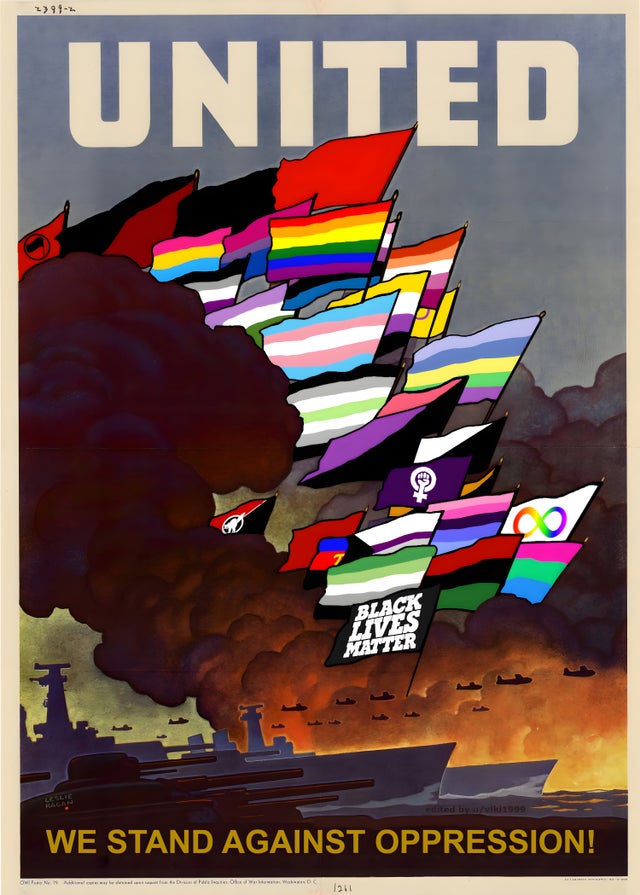I have the same hesitation and got prescribed a SERM (Selective Estrogen Receptor Modulator), Raloxifene. My Doctor said that they are unlikely to get me to natal female estrogen levels and will eventually cause some breast development, but I'm using it to dip my toes in the water and see how it feels.
melon_popsicle [he/him]
- 6 Posts
- 94 Comments
- melon_popsicle [he/him]to
 ·7 months ago
·7 months agoGot some bloodwork done to get a baseline as I start my HRT (spiro and raloxifene). I have an Estradiol level of 5.8pg/mL and normal range is 11-43 pg/mL. Google says that low etradiol levels can cause: lethargy - check, low libido - check, dry skin - ...check, hot flashes - ...now that you mention it, poor memory - ......check etc.
I'm still not 100% sure about transing my gender (my treatment plan has a goal of limited irreversible changes for the time being), but I have to wonder if it is a coincidence that I came to the conclusion that transitioning and the mental/emotional changes from estrogen might be the best way to help me break out of my depression. Now I'm doubly excited for the changes that might happen.
- melon_popsicle [he/him]to
 ·7 months ago
·7 months agoAt the risk of doxxing myself, I'm in a large city and this is a well known "LGBTQ+ Health Center". I'm hopeful that they'll know what they're doing. However, considering my unique goals, it sounds like I should get myself familiar with doses and meds.
- melon_popsicle [he/him]to
 ·7 months ago
·7 months agoI have my first appt at the gender clinic in two weeks! Are there any things I should make sure to know beforehand?
I'm hoping to get on some sort of estrogen and a SERM to prevent breast development. I am still scared of transitioning and want to take small steps and test the waters before permanent changes take effect.
Will I have to self-advocate for specific forms/names of treatment or can I generally rely on the clinician to be knowledgeable?
- melon_popsicle [he/him]to
 ·7 months ago
·7 months agoI registered with a local clinic to schedule an appointment 2 weeks ago and they finally got back to me today! I was stressing out about having to call in because it was taking a long time, but turns out I just typoed my phone number....
Now I just need to talk to a doctor about what I want. Hopefully they'll have some experience with what I'm looking to acheive.
- melon_popsicle [he/him]to
 ·9 months ago
·9 months agoI want to try out estrogen without permanent effects (mostly breast growth) to see how it feels and have been looking into options. I want to see how it changes my emotions and, if I'm lucky, my skin, face, hips, hair, and body hair.
It seems like there are a few SERMs out there that can be taken alongside HRT to limit breast growth. Another option is just a very low dose if I'm just 'trying it out' for a few months.
Might make an appointment for a local gender clinic and see what options are available.

- melon_popsicle [he/him]to
 ·10 months ago
·10 months agoAny recommendations for how to test? I've already grown out my hair and recently got a more 'androgynous' hair cut, but I am wayyyyy too scared and unsure to do anything more in public. When I play with my presentation in private there is an occasional spark, but it is mostly disappointing.
Honestly hormones feel like a potential next step, but I'm wary of breast growth and any other irreversible changes that might happen.
- melon_popsicle [he/him]to
 ·10 months ago
·10 months agoThere is definitely a 'greener grass' effect happening here, but my perception of women from media and people I know is that they experience emotion and interpersonal connection in a way that feels entirely closed off to me. I've read accounts of trans women describing whole new worlds of emotion during transition, either by way of estrogen/HRT or self acceptance, and I want that.
- melon_popsicle [he/him]to
 ·10 months ago
·10 months agoI've been questioning my gender recently and think I might be trans, but I worry that it is for the wrong reasons. I've been depressed for a long time and I'm idealizing womanhood/being a woman as a way out. I dream that through transitioning I will become more inherently lovable, more capable of loving, less lonely, more beautiful, more alive.
More than anything I wish I could 'know' what I'm meant to be, what steps I can take to be happier.
- melon_popsicle [he/him]to
 ·1 year ago
·1 year agoThe watermelon is my old personal emoji from cytube lol. It came from an album art https://wearestandards.bandcamp.com/album/fruit-island
I find most of my DJ sets through The lot radio , the boiler room , NTS radio and whatever the youtube algorithm recommends
lol you're right :stalin-heart:
I think that for a lot of people the most important thing about 'diets' for weight loss or gain is the rules, structure, and mindfulness around food they provide for people who are are not able to 'intuitively eat' (eat in a way that keeps them happy and healthy). Of course once the goal is achieved and the structure is lost many people yo-yo back to their original weight because they haven't learned what healthy eating feels like.
People I've known to achieve their weightloss goals might be experiencing some 'resets' or tapping into some epigenetic stuff, but I think a huge part of it for them is just reducing how much they are eating. Modern society can find someone easily surrounded by not-so-healthy food, so having an rule/excuse to make you say 'no' to the office birthday cake or the Drive-Thru on the way home is a big difference maker. This excuse can be any of the no-carb, wrong time of day, seed-oils, etc rules that are popular nowadays.
In the opposite direction, weight gain diets for the underweight often read as 'If you at least consume this one calorie dense thing every day you won't waste away.' The 'meme' body builder diet GOMAD (Gallon of Milk a Day) is an extreme example, but I know a handful of ADHD/Neurodivergent types who are underweight or chronically dehydrated that have 'at-least' rules and use pre-portioned meal/shakes and phone reminders.
All in all I think a lot of diet success is similar to the exercise adage "The Best Workout (Diet) Program Is the One You Actually Enjoy/Do." However, it might be also the case that to graduate from consistent, conscious dieting to healthy intuitive eating some underlying mental barriers might need to be addressed.
Disclaimer: I am not a dietician or anything close, this is just a pet theory that I've had rolling around for a while.
- melon_popsicle [he/him]to
 ·2 years ago
·2 years agoAny recommendations for how to decarb without making your whole place smell like weed? I've decarbed in a mostly sealed mason jar before, but was curious if there were other things to try.
I should've clarified knowing that you're in the UK, but almost all states in the USA use lottery funds to supplement their education budgets. It's discussed in the episode in more detail, but it ends up being quite insidious. It encourages the thinking that buying a lotto ticket is like making a donation to public schools while also making it difficult to have a meaningful discussion about the net negatives of a lottery system because 'it raises money for the children'.
As always, :citations-needed: has a relevant episode.
It's been a while since I listened to the ep and it isn't explicitly a marxist analysis. The net effect is, as expected, bad. Casinos are always advertised as bringing in jobs while lotteries are 'for the kids', but always end up benefitting the wealthy more than anyone. You also touched on it in one of your responses, but marketing around gambling is mostly targeted towards the poor and lower class and in effect makes gambling a regressive tax.
- melon_popsicle [he/him]to
 ·2 years ago
·2 years agoI'm tired of all of the 'Great Man' type stories where a single individual or group changes the fate of the galaxy. Consider Phlebas by Ian Banks did it in an interesting way, the payoff of the heroic actions and sacrifice of the characters was revealed to be unimportant in the grand scheme of the war being fought, but this isn't revealed until the end, so it was a bit of a gimmicky 'gotcha' moment.
I want more slice-of-life sci-fi and fantasy. I recently read Long way to a Small, Angry Planet by Rebecca Chambers and really enjoyed the vignette based storytelling centered on a working class crew. You got to explore interesting corners of the galaxy a la Star Trek, but without the high stakes.
I also just finished reading Semiosis by Sue Burke, a humans-settle-an-exoplanet type story, and one of the things I really enjoyed was how the story was told in generations. It allowed for a cool materialist(?) storytelling where you could see how the culture of their 30-100 person colony is shaped by historical events that you just read about the chapter before.






My favorite fruit, the pomegranate, is in season right now! However, many are POM brand which should be avoided because BDS